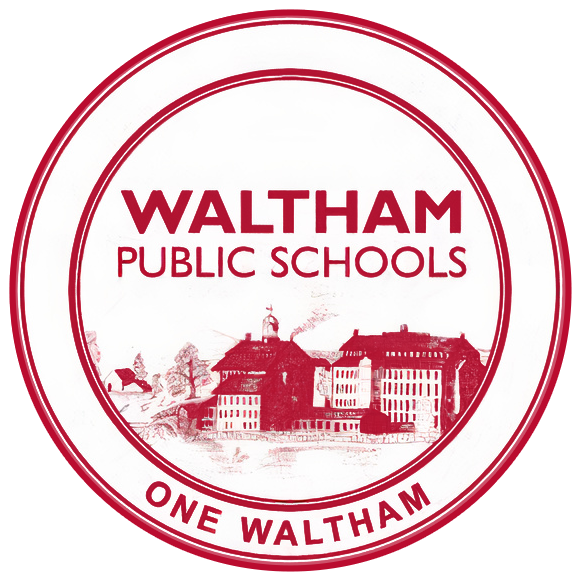Code.org’s Computer Science Principles (CSP) curriculum is a full-year, rigorous, entry-level course that introduces high school students to the foundations of modern computing. The course covers a broad range of foundational topics such as programming, algorithms, the Internet, big data, digital privacy and security, and the societal impacts of computing. The CS Principles Conceptual Framework developed by the College Board outlines five “Big Ideas” of computing which are further subdivided into Enduring Understanding, Learning Objectives, and Essential Knowledge Statements. The framework further identifies six “Computational Thinking Practices,” containing skills that students should employ and develop. The curriculum is designed such that students investigate each of these big ideas while practicing the computational thinking practices.
Big Ideas: Creative Development, Data, Algorithms and Programming, Computing Systems and Networks, Impact of Computing
Computational Thinking Practices: Computational Solution Design, Algorithms and Program Development, Abstraction in Program Development, Code Analysis, Computing Innovations, Responsible Computing
Unit | Timeframe | Big Ideas (Statements or Essential Questions) | Major Learning Experiences from Unit |
|---|---|---|---|
1 - Digital Information | 3 weeks | Explore how computers store complex information like numbers, text, images and sound and debate the impacts of digitizing information. |
|
2 - The Internet | 2 weeks | Learn about how the Internet works and discuss its impacts on politics, culture, and the economy. |
|
3 - Intro to App Design | 3 weeks | Design your first app while learning both fundamental programming concepts and collaborative software development processes. |
|
4 - Variables, Conditionals, and Functions | 3 weeks | Expand the types of apps you can create by adding the ability to store information, make decisions, and better organize code. |
|
5 - Data | 2 weeks | Explore and visualize datasets from a wide variety of topics as you hunt for patterns and try to learn more about the world around you. |
|
6 - Lists, Loops, and Traversals | 2 weeks | Build apps that use large amounts of information and pull in data from the web to create a wider variety of apps. |
|
7 - Parameters, Return, and Libraries | 2 weeks | Learn how to design clean and reusable code that you can share with a single classmate or the entire world. |
|
8 - Cybersecurity and Global Impacts | 3 weeks | Research and debate current events at the intersection of data, public policy, law, ethics, and societal impact. |
|
9 - Create PT | 3 weeks | Practice and complete the Create Performance Task (PT). |
|
10 - Algorithms | 1 week | Design and analyze algorithms to understand how they work and why some are considered better than others. |
|
